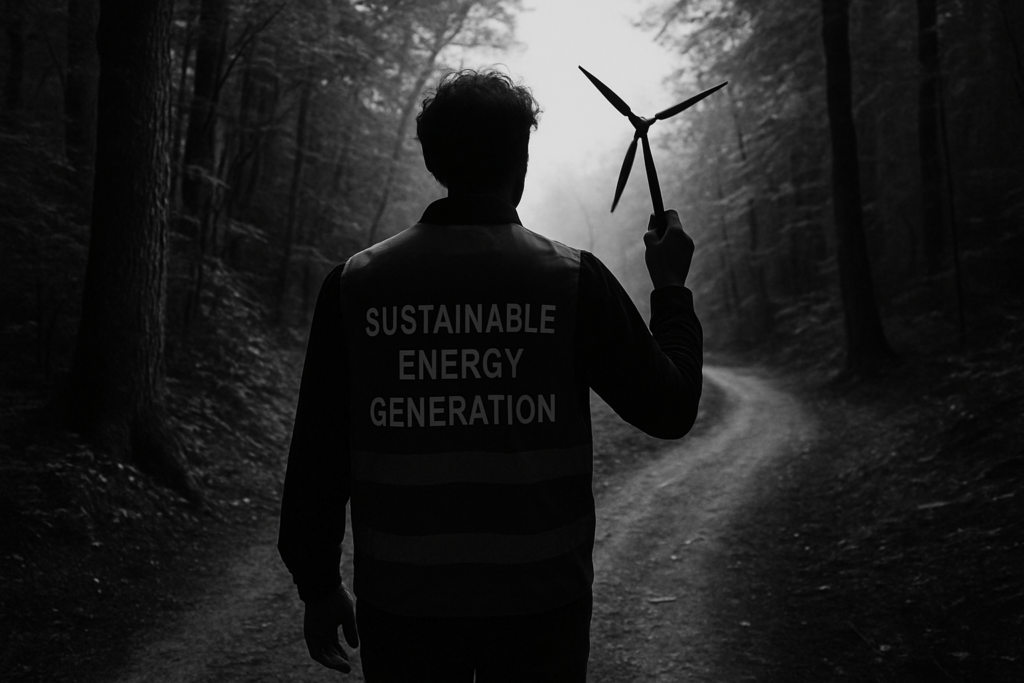What Is 3200319740?
To start, 3200319740 doesn’t look like your average phone number. It’s unusually formatted and doesn’t follow regional dialing patterns in most countries. That’s the first red flag. Numbers like this often belong to automated systems, overseas robocallers, or generic caller IDs set up by scam operations.
It’s worth pointing out: not every unknown number is shady. But experience says if it walks like a spam bot and talks like a spam bot—yeah, it’s spam.
Common Reports Linked to 3200319740
Many users report this number showing up as a missed call or in odd text messages. The most common themes include:
Tech support scams: A message pretending to offer help with your device or account. Financial fraud attempts: Messages about banking alerts you didn’t expect. Subscription renewal traps: Claims your antivirus or streaming service is about to expire.
When people try to call 3200319740 back, they often receive either dead air or a quick disconnect. That’s classic behavior for spoofed or highvolume scam lines.
What Should You Do If You’re Contacted?
Here’s the quick list:
- Don’t answer unknown numbers. If it matters, they’ll leave a voicemail.
- Don’t click any links in texts sent from this number.
- Don’t call back unless you verify it’s legitimate.
- Block the number on your phone to reduce future interruptions.
- Report it—your country’s consumer protection agency, spam filters, or your provider can log complaints.
Resist the urge to engage. These aren’t innocent mistakes. Most scammers rely on human curiosity to pull you in. The less interaction, the better.
How Scammers Use Numbers Like These
To reach as many devices as possible, scammers use autodialers. These systems randomly generate thousands of numbers and broadcast calls or messages. They don’t care if the call lands in Canada, the U.S., or Romania.
When you pick up, you confirm your line is active. That tells scammers you’re a real person—and worth contacting again, maybe even selling your number to other sketchy groups.
Some numbers like 3200319740 use caller ID spoofing to mask the real source. That protects the scammer and makes it tougher for law enforcement to intervene.
Can’t Carriers Block This Stuff?
To a degree. Carriers do filter highvolume robocalls and flag potential threats. Apps like Hiya, Truecaller, or builtin filters (like on iOS and Android) help, too.
But scammers are crafty. They cycle through numbers fast. One day it’s 3200319740, tomorrow it’s another random string. Technology helps but will never solve it alone.
Real vs. Fake: Quick Filters to Keep You Safe
There’s no silver bullet when it comes to call safety, but here’s how to vet any number fast:
Did you expect the call/text? If not, it’s probably junk. Does the message create urgency or fear? Big sign of a scam. Is there poor spelling or grammar? Flag it. Did they ask for passwords, codes, or money? Walk away.
Even when a number looks legit on caller ID, never trust it without checking.
Using Tools to Identify Suspicious Numbers
Several modern tools help flag risky numbers. Some favorites:
Reverse lookup websites: Plug the number into sites like WhitePages or SpyDialer. Patterns often show up. Community boards: Forums like Reddit or scam alert blogs show how often numbers like 3200319740 pop up. Carrier support pages: Bigger telecoms update lists of known spam numbers you can crossreference.
It takes 10 seconds to do a reverse search. Worth it.
Freeze the Problem: How to Block Numbers Quickly
When a number like 3200319740 shows up again and again, blocking it is simple:
iPhone: Tap the ‘i’ next to the call > Scroll to “Block this Caller.” Android: Tap the call log entry > tap “Block/report spam.” Thirdparty apps: Callblock apps can autofilter suspicious numbers before your phone even rings.
Don’t wait for the spam train to keep running. Get off at the next stop.
Final Thoughts: Stay Ahead of the Noise
Let’s be real: shady numbers like 3200319740 aren’t going away tomorrow. But you control how much of your time and attention they get. Don’t answer just because your phone buzzes. Assume first, verify second. And if you don’t recognize the number? Let it ring.
Stay alert, use common sense, and remember—you’ve got more tools than scammers think.



